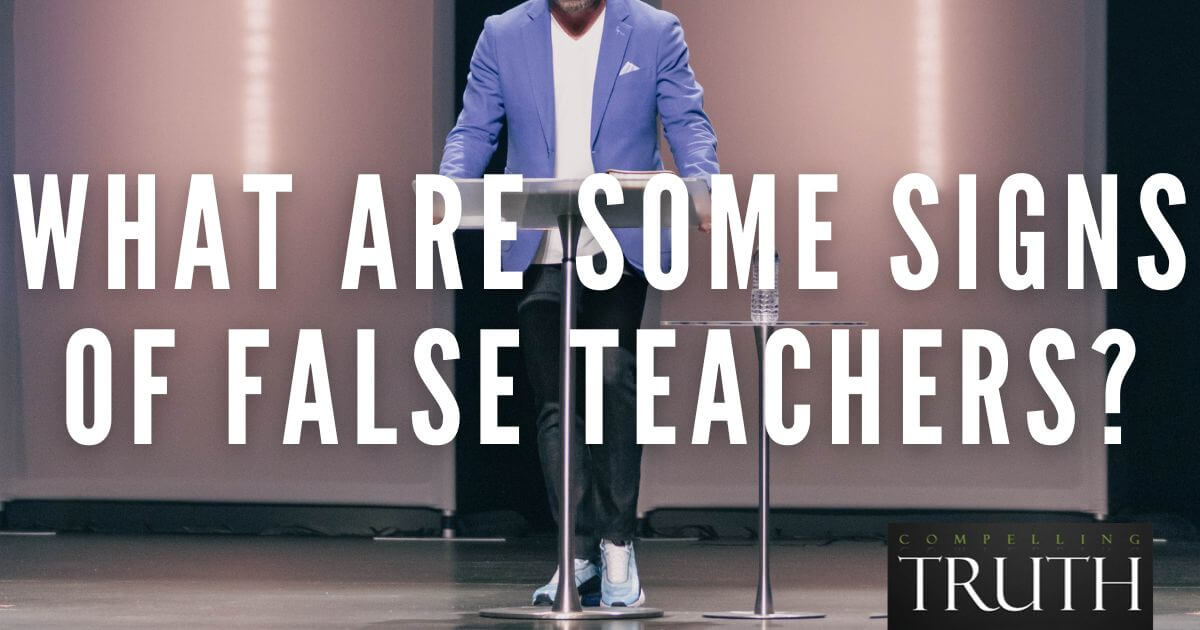NOTE: The Local Church Movement (LC) underwent a very long back and forth evaluation by the Christian Research Institute (https://www.equip.org/) which first said the LC was not orthodox in its doctrine and teachings, and now says it is. The LC, its publishing arm Living Stream, and Witness Lee are difficult to explain due to cultural differences, shifting statements, and apparent inconsistencies. We urge anyone interested in the LC to deeply research and pray at length before visiting. Some places to start include:
faithsaves.net/watchman-nee/
assemblylife.com/
www.open-letter.org/
www.apologeticsindex.org/
journal.equip.org/issues/we-were-wrong/
There have been decades of court proceedings, charges, counter-charges, and acrimony regarding the Local Church. At times it was labeled a cult. Most notably, the Christian Research Institute (CRI), which we respect, concluded that the LC was a "solid orthodox group of believers" after an initial evaluation labeled it an "aberrant Christian group."
Witness Lee brought the LC to the United States in 1962 after his mentor, Watchman Nee, began it in China. Lee made statements that were muddy at best about certain orthodox doctrine which caused many to question his foundational beliefs. Chief among the critics, until 2009, was CRI and its leaders.
The controversy and disagreement focused on four areas of doctrine: the nature of God, the nature of man, the legitimacy of evangelical churches and denominations, and the lawsuits brought by the Local Church against Evangelical churches, publishers, and individuals.
Lee consistently made radical statements then followed them with balancing statements at a later time. For example, he called into question the "traditional explanation of the Trinity" which led evangelicals to question his belief in the Trinity. Closer scrutiny of his doctrine showed that his view of the Trinity agreed with evangelical orthodoxy.
At one point, Lee seemed to teach that man could, and should, become god or god-like, even calling God a "four-in-one" God. Man becoming God, evangelicals and orthodoxy teach, is Satan's lie to Eve and Adam in the garden of Eden (Genesis 3:5). A close study of Lee's doctrine, however, reveals that he believes man cannot be worshiped by others and does not share God's Person.
Another matter of controversy was Lee's criticism of Christianity, the Catholic Church, and all Christian denominations. His broad brush against Christendom caused many to charge him with heresy. Once again, a careful study of his doctrine found that he did support the biblical church.
Fourthly, the LC was criticized for repeatedly suing individuals and ministries that challenged it. The New Testament teaches against taking a fellow Christian to court (1 Corinthians 6:1–8).
The differences between the Western Christian church culture and the Chinese Christian church culture, Lee's inflammatory remarks, critic's knee-jerk reactions, and language barriers, seem to be the root causes for much of the conflict. The entire debacle is unfortunate and does not reflect well on Christ's church. It does serve as a good reminder to us to be careful with our words and clear about the doctrine we claim as true.
faithsaves.net/watchman-nee/
assemblylife.com/
www.open-letter.org/
www.apologeticsindex.org/
journal.equip.org/issues/we-were-wrong/
There have been decades of court proceedings, charges, counter-charges, and acrimony regarding the Local Church. At times it was labeled a cult. Most notably, the Christian Research Institute (CRI), which we respect, concluded that the LC was a "solid orthodox group of believers" after an initial evaluation labeled it an "aberrant Christian group."
Witness Lee brought the LC to the United States in 1962 after his mentor, Watchman Nee, began it in China. Lee made statements that were muddy at best about certain orthodox doctrine which caused many to question his foundational beliefs. Chief among the critics, until 2009, was CRI and its leaders.
The controversy and disagreement focused on four areas of doctrine: the nature of God, the nature of man, the legitimacy of evangelical churches and denominations, and the lawsuits brought by the Local Church against Evangelical churches, publishers, and individuals.
Lee consistently made radical statements then followed them with balancing statements at a later time. For example, he called into question the "traditional explanation of the Trinity" which led evangelicals to question his belief in the Trinity. Closer scrutiny of his doctrine showed that his view of the Trinity agreed with evangelical orthodoxy.
At one point, Lee seemed to teach that man could, and should, become god or god-like, even calling God a "four-in-one" God. Man becoming God, evangelicals and orthodoxy teach, is Satan's lie to Eve and Adam in the garden of Eden (Genesis 3:5). A close study of Lee's doctrine, however, reveals that he believes man cannot be worshiped by others and does not share God's Person.
Another matter of controversy was Lee's criticism of Christianity, the Catholic Church, and all Christian denominations. His broad brush against Christendom caused many to charge him with heresy. Once again, a careful study of his doctrine found that he did support the biblical church.
Fourthly, the LC was criticized for repeatedly suing individuals and ministries that challenged it. The New Testament teaches against taking a fellow Christian to court (1 Corinthians 6:1–8).
The differences between the Western Christian church culture and the Chinese Christian church culture, Lee's inflammatory remarks, critic's knee-jerk reactions, and language barriers, seem to be the root causes for much of the conflict. The entire debacle is unfortunate and does not reflect well on Christ's church. It does serve as a good reminder to us to be careful with our words and clear about the doctrine we claim as true.



